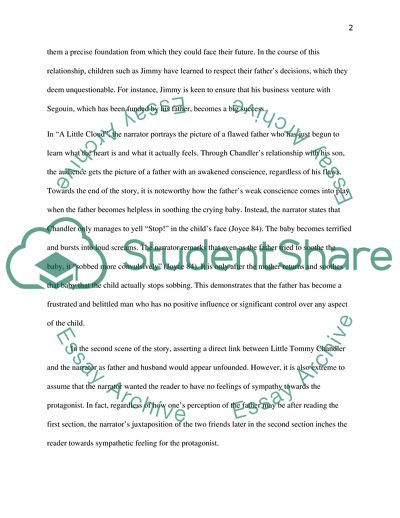Cite this document
(Masculine Aggression by the Prevailing Circumstances in Dublin Essay Example | Topics and Well Written Essays - 1250 words, n.d.)
Masculine Aggression by the Prevailing Circumstances in Dublin Essay Example | Topics and Well Written Essays - 1250 words. https://studentshare.org/family-consumer-science/1878388-dubliners
Masculine Aggression by the Prevailing Circumstances in Dublin Essay Example | Topics and Well Written Essays - 1250 words. https://studentshare.org/family-consumer-science/1878388-dubliners
(Masculine Aggression by the Prevailing Circumstances in Dublin Essay Example | Topics and Well Written Essays - 1250 Words)
Masculine Aggression by the Prevailing Circumstances in Dublin Essay Example | Topics and Well Written Essays - 1250 Words. https://studentshare.org/family-consumer-science/1878388-dubliners.
Masculine Aggression by the Prevailing Circumstances in Dublin Essay Example | Topics and Well Written Essays - 1250 Words. https://studentshare.org/family-consumer-science/1878388-dubliners.
“Masculine Aggression by the Prevailing Circumstances in Dublin Essay Example | Topics and Well Written Essays - 1250 Words”. https://studentshare.org/family-consumer-science/1878388-dubliners.


